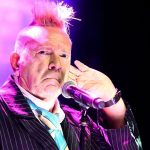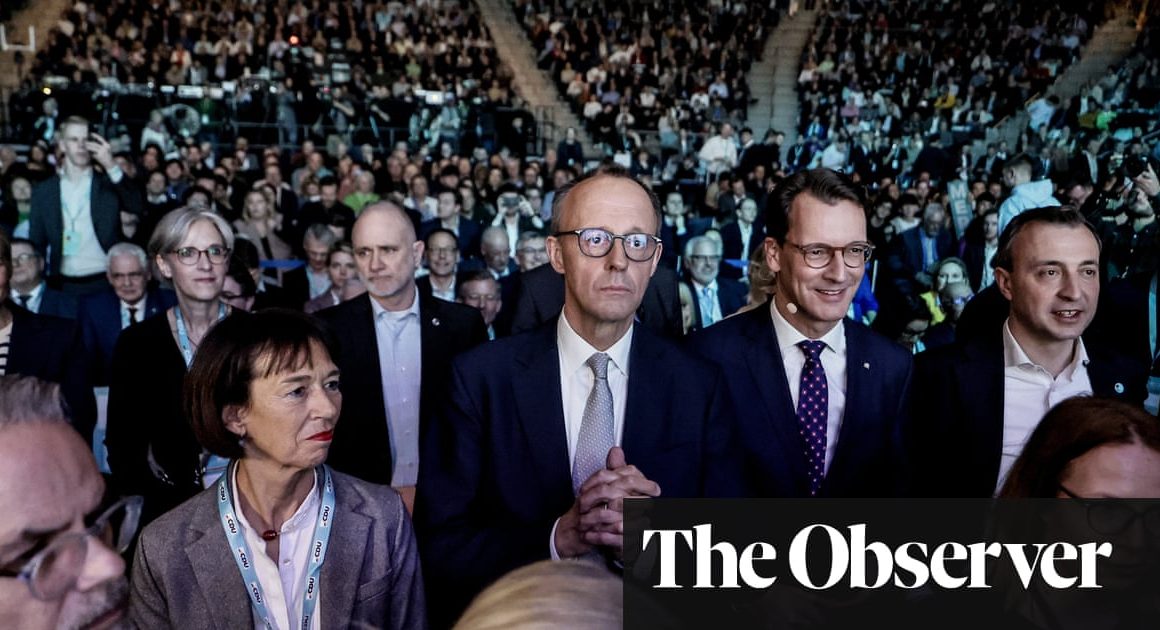Moldova and Nato member Romania announced they had summoned Russia’s ambassadors after its drones struck their territory. Russia has been targeting port infrastructure in Ukraine’s south, close to the borders with Romania and Moldova. “Shahed drones violated our airspace, two exploded on our soil, putting Moldovan lives at risk” as part of Moscow’s “criminal” war on Ukraine, said Romania’s president, Maia Sandu. According to Moldovan authorities, two drones crashed in fields, and drone fragments were later discovered in a third location. Moldova announced it would close the Russian Cultural Centre, which opened in 2009 and employed six Russian diplomats in 2023, according to local media. The pro-Kremlin Socialist party called that “unprecedented and provocative” and “Russophobia”.
In Romania, Russia’s envoy was also summoned by Bucharest after radar systems identified an aerial target violating airspace and searchers later found drone fragments, determining that two drones that “carried explosive charges onboard” were destroyed when they hit the ground. “These illegal and irresponsible attacks must stop, and Romania reserves the right to take the necessary measures,” Romaina’s foreign ministry said in a statement.
There were feelings of anger and betrayal on the streets of central Kyiv after Donald Trump’s call with Vladimir Putin, Shaun Walker and Artem Mazhulin write from Kyiv. “There is no certainty that this war will end for us, because Trump does not perceive us as an equal party in these negotiations,” said Oleksii, 34. Serhii, a 39-year-old soldier, said Trump had been “Putin’s doormat” during his last presidency and although he was sceptical about negotiating with “this bastard” Putin, “we do have to negotiate, but on Ukraine’s terms”. Roman, 20, said it was “obvious” for Trump to call Putin and direct contact should have been established earlier. “I’m glad that the parties have started to find a common language, though I’m afraid at what cost.”
On the Russian side, “Putin has won the first round” of negotiations, a source in the Russian foreign policy establishment told Pjotr Sauer. “A direct call with Trump was precisely what Putin had been waiting for.” “Zelenskyy had repeatedly urged Trump to speak with him first before engaging with Putin. Instead, Trump did the exact opposite,” gloated Sergei Markov, a popular Russian commentator.
Volodymyr Zelenskyy, the Ukrainian president, said peace negotiations could not be left to Donald Trump and Vladimir Putin alone, and Ukraine would not accept a deal made that was. He said it was “unpleasant” that Trump had spoken to Russia before Ukraine.
The EU’s top diplomat, Kaja Kallas, said that if a deal was made without Ukraine, “the Ukrainians will resist and we will support them”. Kallas accused Washington of “appeasement” towards Russia, insisting that no deal “behind our backs” could work. “You need the Europeans, you need the Ukrainians,” she said. “If Ukraine decides to resist, Europe will back its principles. Yes, we are 20% less if the US decides to withdraw, but still, Ukraine will defend the principles of sovereignty, territorial integrity. And we are there together.”
The German chancellor, Olaf Scholz, rejected any “dictated peace”, arguing that “a Russian victory or a Ukrainian collapse will not lead to peace – on the contrary … This would put peace and stability in Europe at risk, far beyond Ukraine.”











